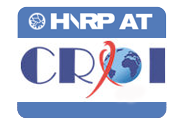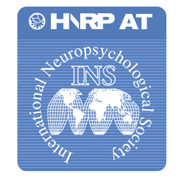Training
Written by sysadmn
Training and mentoring are integral to our mission, and is addressed as follows:
- embedded in the consortium’s structure is a mix of senior, mid-career, and junior investigators, as well as trainees at various stages of career development. Experienced investigators provide guidance for more junior ones through one-on-one mentoring and consultation, as well as regularly scheduled interaction at the Council of Investigators and Research Review Conference, at which an atmosphere of team science is modeled and fostered.
- Overlap in mission and investigator team with NIDA-funded T32 training grant entitled Training in Research on Addictions in Interdisciplinary NeuroAIDS (TRAIN; DA031098). This institutional training grant seeks to develop the next generation of academic leaders in the neuropsychology of neuroAIDS and addictions. endeavors to recruit a diverse and promising cohort of pre-doctoral (3 fellows) and post-doctoral (2 fellows) trainees to engage in individualized, rigorous clinical research training in substance abuse and HIV under the mentorship of the accomplished, interdisciplinary faculty, many of whom are TNDRC members.
TNDRC resources are available to trainees at various levels, including undergraduate, medical, and graduate students, post-doctoral trainees (interns, residents, fellows), and junior faculty. They can leverage these to learn techniques and become acquainted with neuroHIV and drug-related scientific questions so they can then develop pilot studies and identify extramural funding sources, e.g., via UCSD Academic Senate grants, UC AIDS Research Program awards, and NIH training mechanisms. Trainees will also have access to the research and training activities of the Center for Medicinal Cannabis Research (CMCR).








